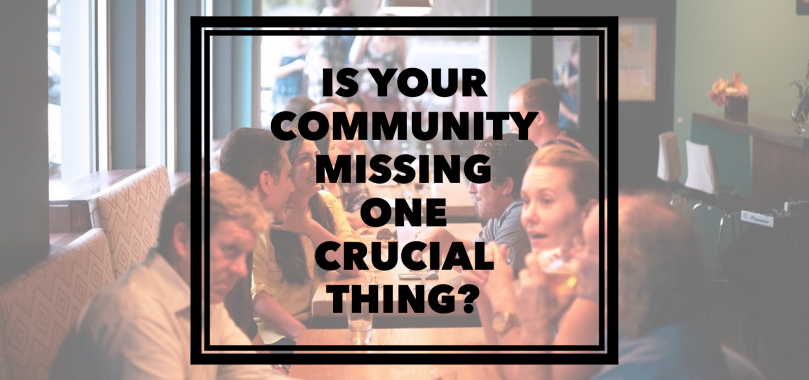When I think about the things that have shaped me, the list gets pretty long. From big events like my brother’s battle with cancer and my middle school friend’s death to seemingly insignificant conversations with friends or kids in the ministries I’ve worked in.
Everyone has moments like these. Ones that change how you think or who you are or even the trajectory of your life.
When Joshua led the Israelite people across the Jordan river, they set up twelve stones as a memorial to what God had done for them.
It is important to remember how far you have come. When I’m discouraged, or doubting my career choice I can look back through my journal or my memory box. In my memory box I keep special cards, a few dried flower petals, a hospital bracelet, some old coloring sheets and other trinkets. Each object has a specific memory tied to it. I can look at it and see who I was before and how much I’ve grown and changed.
It reminds me that I’ve gotten through rough times before and God will bring me through them again.
Don’t forget the things that God has done for you. Write them down or find an object that reminds of you of them. When things get rough or you start doubting, remember that you are not alone.
Keep the Conversation going:
What are your memorial stones?


 “Modest is hottest”–if you grew up in the evangelical church, you’ve probably heard this trope before. And while I’m not here to promote promiscuity I think there are some important things we get wrong when we over-emphasize modesty.
“Modest is hottest”–if you grew up in the evangelical church, you’ve probably heard this trope before. And while I’m not here to promote promiscuity I think there are some important things we get wrong when we over-emphasize modesty.
 Sometimes Christians live in a box. One of my professors calls it the Christian Ghetto–an isolated, segregated group where we are no longer a “city on a hill” but a city unto ourselves.
Sometimes Christians live in a box. One of my professors calls it the Christian Ghetto–an isolated, segregated group where we are no longer a “city on a hill” but a city unto ourselves.


 My hands shake, fingers trembling as I look down at the table and grip the coffee cup tighter. It hurts, my heart aches in my chest, longing to speak the words that get stuck in my throat. Uhg. I hate vulnerability.
My hands shake, fingers trembling as I look down at the table and grip the coffee cup tighter. It hurts, my heart aches in my chest, longing to speak the words that get stuck in my throat. Uhg. I hate vulnerability.
